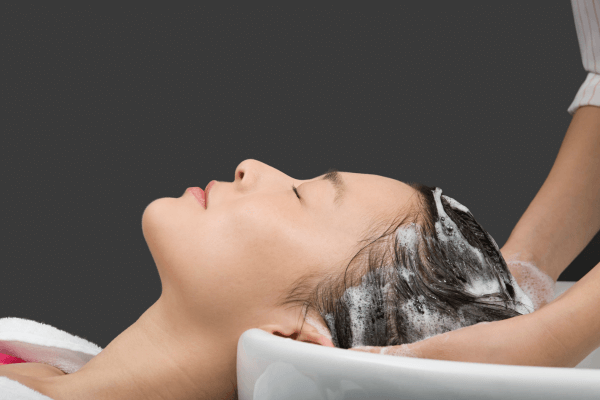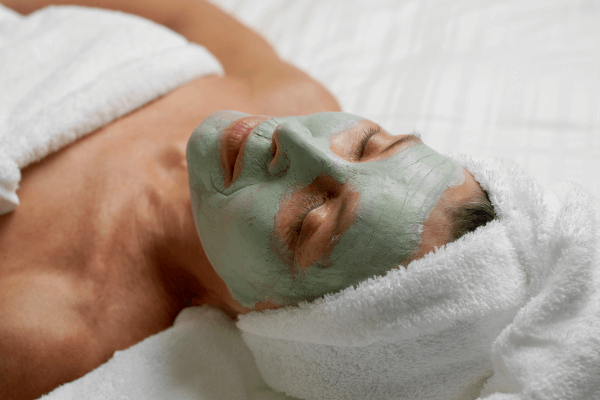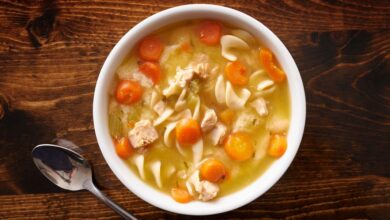Your diet plays a pivotal role in hair health. Incorporating foods rich in vitamins A, C, E, and minerals like zinc and iron can profoundly impact hair growth. Protein, being the building block of hair, is essential. Consider adding eggs, nuts, berries, spinach, and fatty fish to your diet to provide your hair with the necessary nutrients.
Scalp Health: The Foundation of Hair Growth

Scalp health is fundamentally crucial in the context of hair growth and overall hair health. The condition of your scalp can directly influence both the health of your hair and its growth cycle. Here are some detailed insights into why scalp health is so important and how it impacts hair growth:
The Scalp’s Role in Hair Health
- Hair Follicle Health: The scalp contains hair follicles, which are responsible for the growth of new hair. Healthy follicles are essential for producing strong, healthy hair. Issues like follicle inflammation or damage can lead to hair thinning and loss.
- Nutrient Supply: The blood vessels in the scalp provide nutrients and oxygen to the hair follicles. Good scalp health ensures these nutrients are efficiently delivered, promoting healthy hair growth.
- Sebum Production: The scalp produces sebum, an oil that naturally conditions and protects both the scalp and hair. An imbalance in sebum production can lead to conditions like dry scalp or overly oily hair, affecting hair health.
Common Scalp Issues
- Dandruff: This is a common issue where flaky skin sheds from the scalp. It can be caused by dry skin, sensitivity to hair products, or skin conditions like seborrheic dermatitis.
- Scalp Psoriasis: A condition causing red, itchy, and scaly patches on the scalp. It can be stressful and uncomfortable, impacting hair growth.
- Folliculitis: Inflammation of the hair follicles, often caused by bacterial or fungal infections, can lead to hair damage and loss.
- Seborrheic Dermatitis: A more severe form of dandruff, characterized by red, greasy skin covered with flaky white or yellow scales.
Maintaining a Healthy Scalp
- Regular Cleansing: Keeping the scalp clean is crucial. Regular washing helps remove excess oil, dead skin, and product buildup.
- Balanced Diet: Nutrition plays a vital role in scalp health. A diet rich in minerals, vitamins, and antioxidants can promote a healthy scalp.
- Hydration: Drinking enough water is essential for maintaining the health of your skin, including your scalp.
- Managing Stress: High stress can impact your scalp, leading to issues like hair loss or dandruff.
- Avoiding Harsh Chemicals: Harsh hair products can strip the scalp of its natural oils, leading to dryness or irritation.
- Scalp Massages: Regular scalp massages can increase blood circulation, promoting hair growth and scalp health.
- Treating Scalp Conditions: If you suffer from a scalp condition, it’s important to treat it promptly. Using medicated shampoos or consulting a dermatologist can be necessary.
- Avoiding Excessive Heat Styling: Too much heat can damage the scalp and hair follicles, leading to weaker hair growth.
Harness the Power of Essential Oils
Essential oils such as rosemary, lavender, and peppermint have been shown to encourage hair growth. These oils can stimulate hair follicles and improve hair thickness when used correctly. Mix them with a carrier oil and apply them to your scalp regularly.
Trim Regularly to Avoid Split Ends

Contrary to popular belief, regular trims are crucial for hair growth. Split ends can work their way up the strand, causing more damage and breakage. Trimming your hair every 6–8 weeks ensures healthy ends, which is vital for growth.
Minimize Heat and Chemical Damage
Excessive heat styling and chemical treatments can significantly hinder hair growth. Cherish the natural texture of your hair and reduce the reliance on heat styling tools. When styling is necessary, make sure to always apply a heat protectant.. Likewise, be cautious with chemical treatments like coloring and straightening.
Stay Hydrated and Manage Stress
Hydration and stress management are often overlooked in hair care routines. Drinking adequate water ensures your hair stays hydrated from the inside out. Stress can impact the hair growth cycle, so incorporating stress-reducing activities like yoga or meditation can be beneficial.
Utilize Hair Masks for Deep Conditioning

Hair masks are a great way to deeply condition and strengthen hair. Natural ingredients like avocado, honey, and olive oil can work wonders. Apply a hair mask once a week to nourish and revitalise your hair.
Be Patient and Consistent
Lastly, patience is key. Hair growth is a gradual process, and consistency in following these practices is crucial. Regularly nurturing your hair and maintaining a healthy lifestyle will eventually lead to the desired results.
In conclusion, achieving longer, healthier hair is a multifaceted endeavor. It requires a combination of proper nutrition, scalp care, mindful styling, and overall wellness. By incorporating these nine strategies into your hair care routine, you’re setting the stage for enhanced hair growth and overall hair health. Remember, the journey to beautiful hair is as important as the destination, so enjoy the process and watch your hair thrive.




